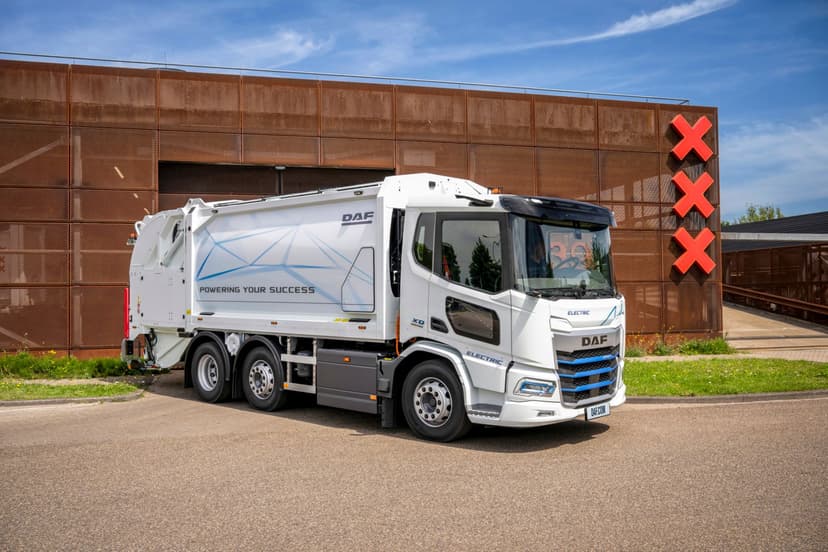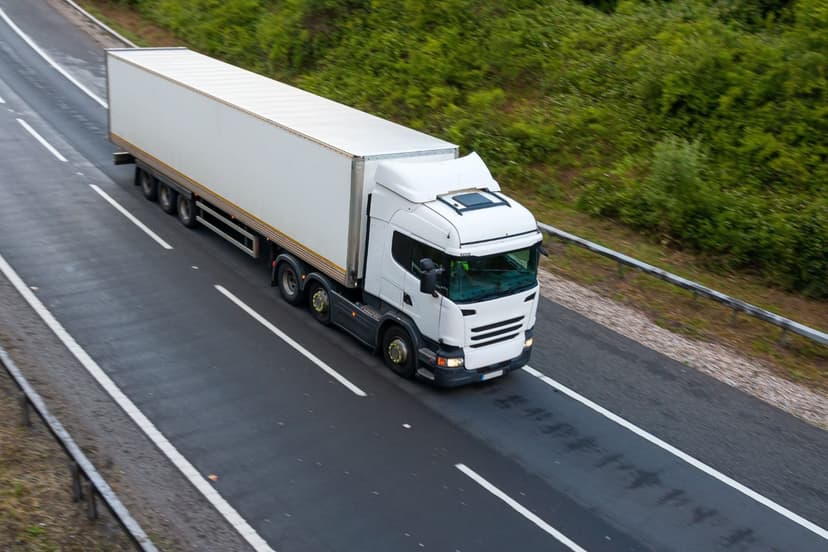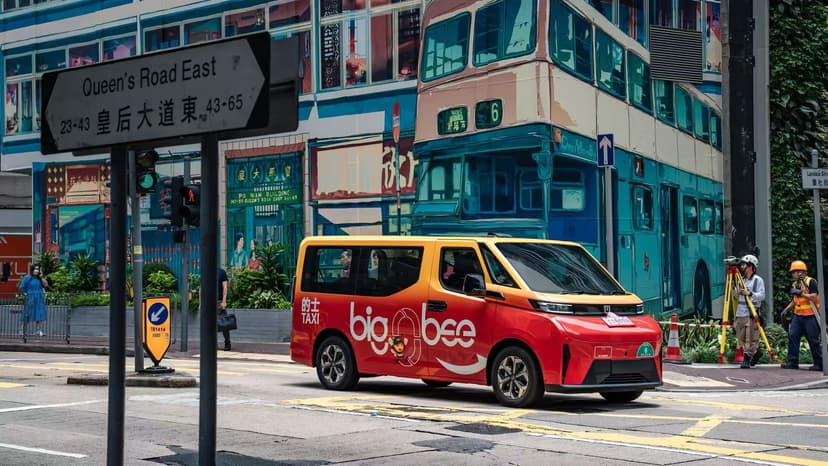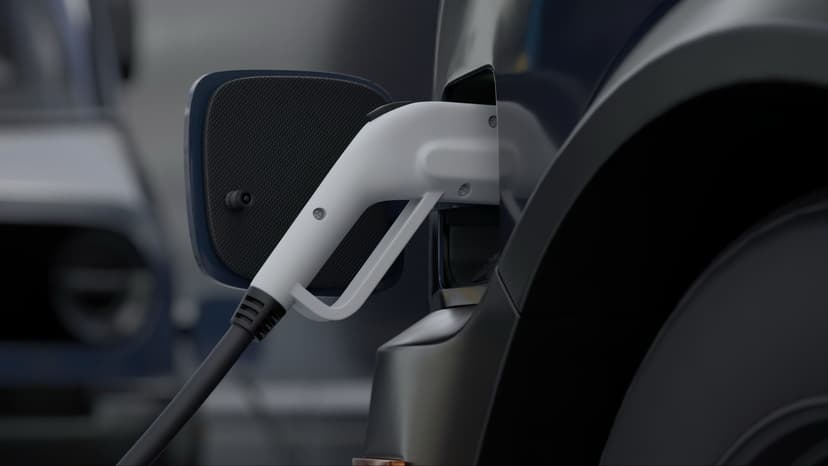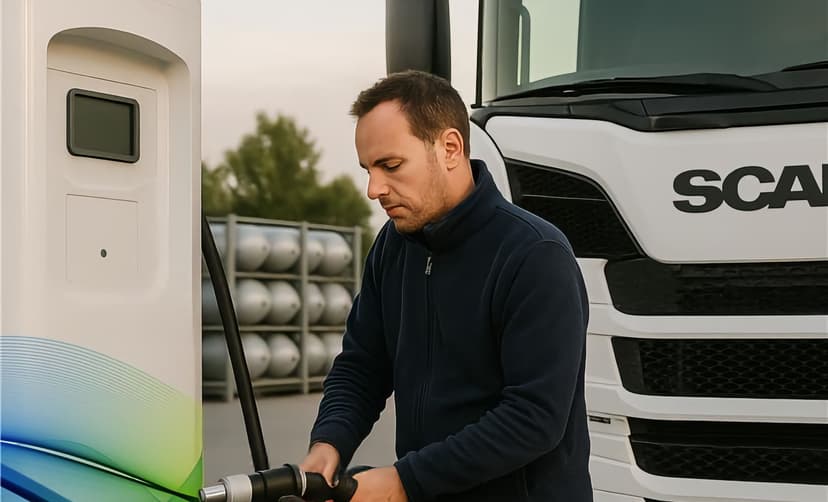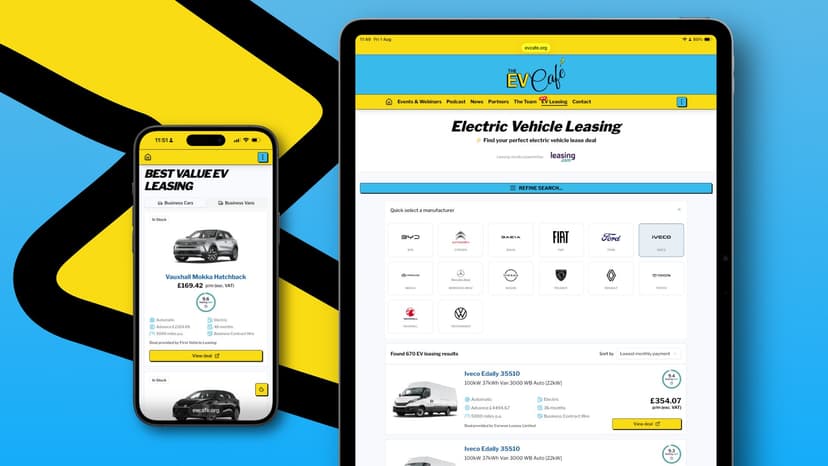Daimler Truck, one of the world’s largest manufacturers of commercial vehicles, presented its path to sustainable transportation on Sunday, in anticipation of the IAA Transportation 2024 trade show in Hanover. The company’s focus was placed on the topics of decarbonization and digitalization. Daimler Truck’s display features the battery-electric Mercedes-Benz eActros 600 truck as its trade fair highlight. With its new e-flagship, the manufacturer intends to decarbonize long-distance haulage, which is responsible for two thirds and thus the largest part of CO2 emissions in truck traffic. The high battery capacity of more than 600 kilowatt hours and a new, particularly efficient electric drive axle developed in-house enable the eActros 600 to achieve a range of 500 kilometres without intermediate charging. This range is achieved under very realistic conditions reflecting standard usage with 40 tons gross combination mass; this figure may also be significantly exceeded depending on driving style and the route involved. The eActros 600 will be able to travel much further than 1,000 kilometers per day. This is made possible by intermediate charging during the legally prescribed driver breaks – even without megawatt-charging - provided the charging facilities are available.
This summer, two near-series production prototypes participated in an almost seven-week test run to demonstrate the operational performance of the eActros 600, traveling more than 15,000 kilometers through 22 European countries. It was the most extensive test run in the history of Mercedes-Benz Trucks. Each of the two e-trucks traveled with a 40-ton gross combination mass and used public charging stations exclusively to charge. The vehicles successfully demonstrated the high energy efficiency of the eActros 600 throughout the tour: Over the entire duration of the trip, the prototype equipped with special equipment to measure consumption was able to achieve an average driving consumption of 103 kilowatt hours per 100 kilometers.[3] Calculating the energy content of Diesel, this would translate into a consumption of around 10 liters per 100 kilometers, which would have been impossible to achieve with a conventionally powered truck. On numerous daily stages of the tour, it would have even been theoretically possible to achieve ranges of more than 600 kilometers without intermediate charging. On average, it was possible to cover with recuperated energy around 25 percent of the eActros 600’s drive power consumed.
Hydrogen-based drive technologies to complement battery-electric trucks
ext to purely battery-electric trucks, hydrogen-based drive technologies can, according to Daimler Truck, be a suitable solution to decarbonize very flexible and particularly demanding applications in heavy-duty long-haul transportation. With the Mercedes-Benz GenH2 Truck a “record-setting” vehicle is being displayed at the IAA Transportation 2024. Demonstrating the practicality of using liquid hydrogen in road freight transportation, the company’s road-legal prototype Mercedes-Benz GenH2 Truck last year completed a trip of 1,047 kilometers across Germany with one fill of liquid hydrogen under real-life conditions.
After a rigorous testing phase on the test track and on public roads, the Mercedes-Benz GenH2 Trucks have now reached an advanced development stage for deployment in various day-to-day applications in first customer fleets. Daimler Truck recently began initial trials of five Mercedes-Benz GenH2 Trucks with Air Products, Amazon, Holcim, INEOS and Wiedmann & Winz. These customers have an opportunity to gain practical experience with fuel cell trucks at an early stage during a test phase of around one year. Through the collaboration, the Daimler Truck development team acquires valuable insights into the real-life operations of trucks powered by liquid hydrogen and learns about specific customer requirements which can be taken into account for series development.
Martin Daum:
Over the last few years we have demonstrated with our broad portfolio of series e-trucks and buses, the Mercedes-Benz GenH2 Truck and various partnerships that we are on the right track with our dual strategy, i.e. with drive technologies based on batteries and on hydrogen. Each of the two technologies have their merits and our customers will need both technologies. For this reason, we now need even more momentum from politics and the energy sector, especially with regard to hydrogen-based drives, so that alongside the vehicles the corresponding infrastructure can be established, and cost-parity can be achieved for our customers.

